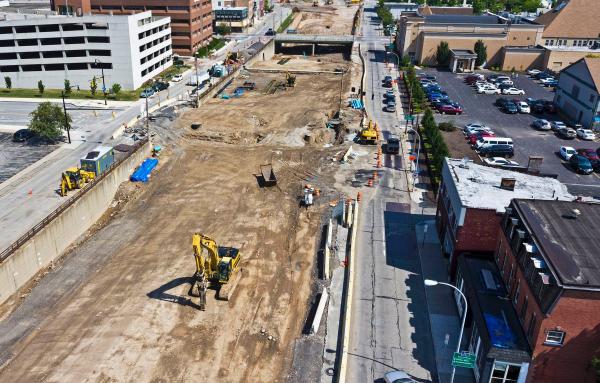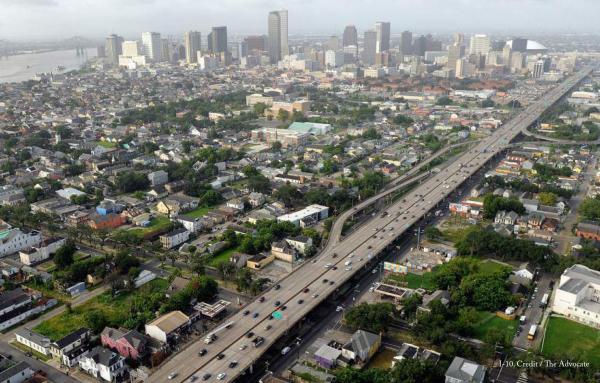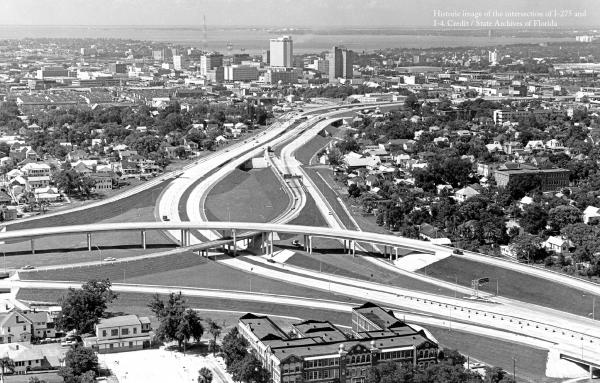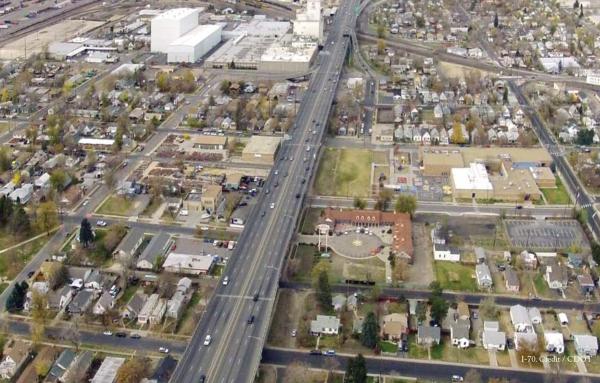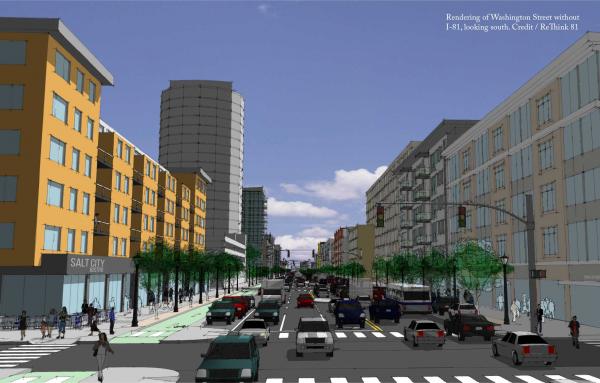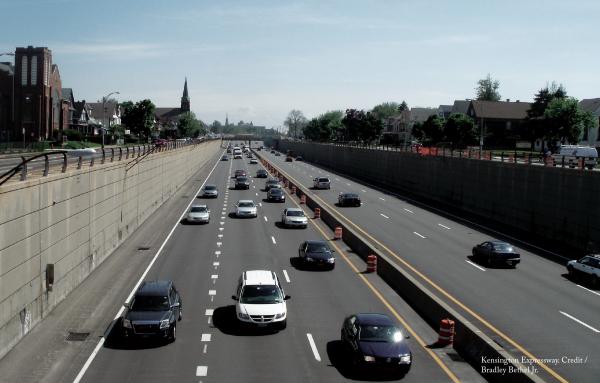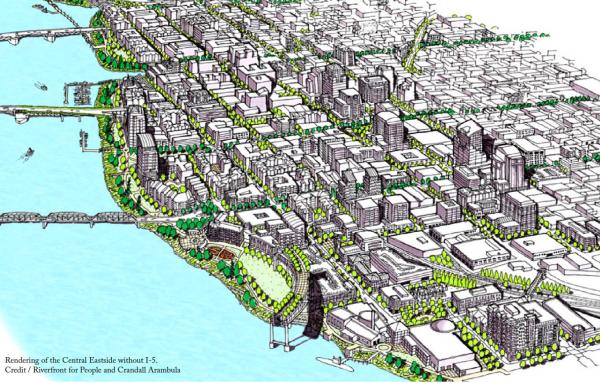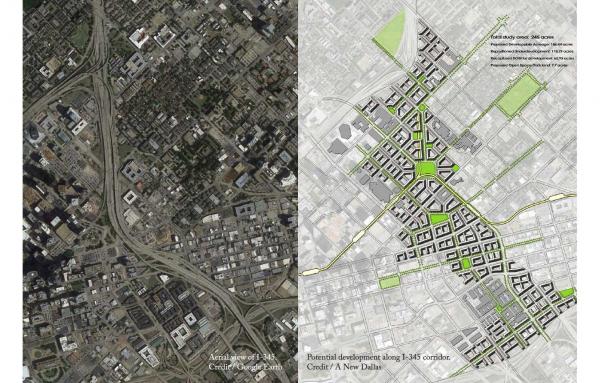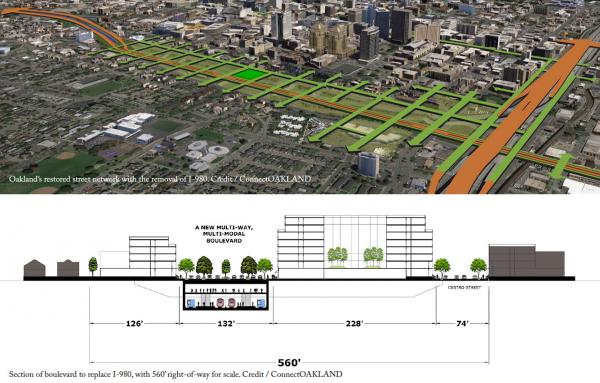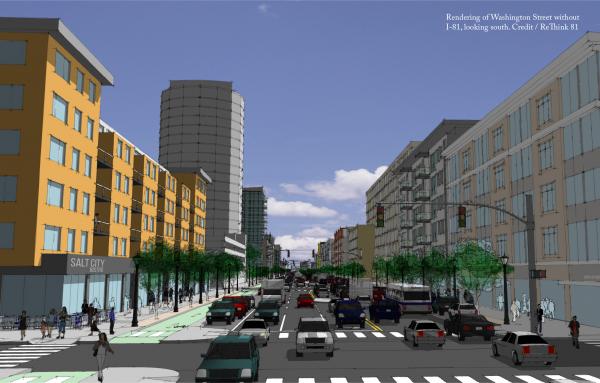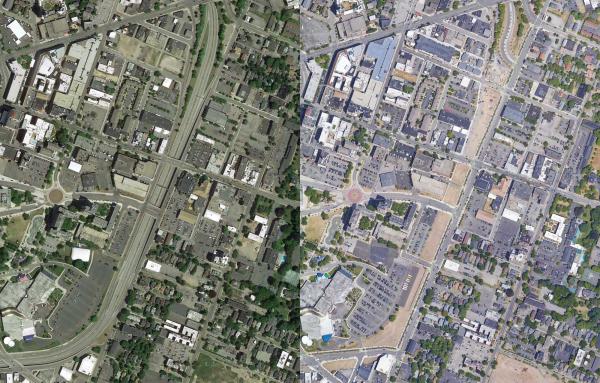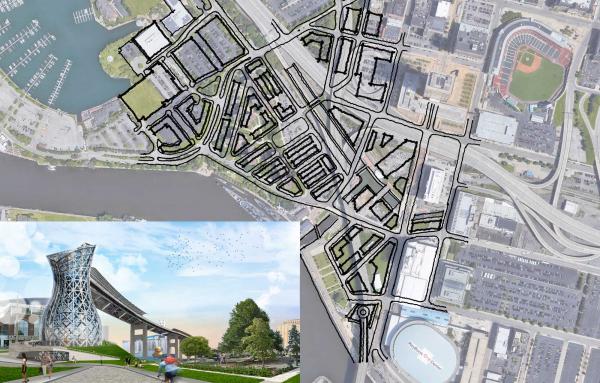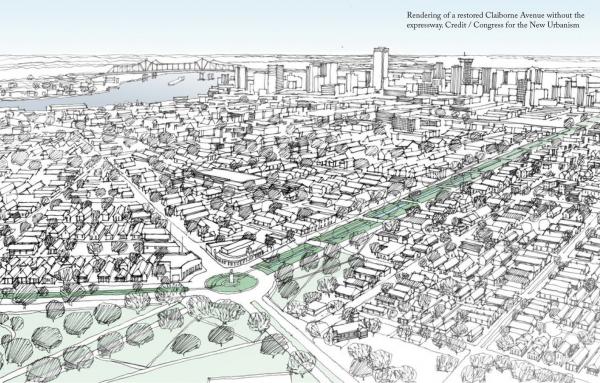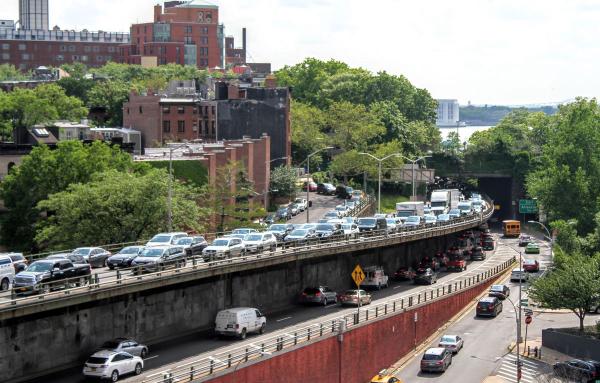FREEWAYS WITHOUT FUTURES
When freeways have no futures
CNU releases is biennial report, Freeways Without Futures 2019, telling the tale of ten freeways in cities where the movement has spawned active campaigns for transformation.
Restoring the heart of Treme
Transforming the Claiborne Expressway in New Orleans to a boulevard like the historic Claiborne Avenue would reverse 20th Century damage to a primarily African-American neighborhood.
A boulevard rather than a freeway
I-275 was built on top of Central Avenue and split Tampa in half. Transformation into a boulevard is gaining political traction due to economic and quality of life benefits.
Ditch the ditch: Citizens respond to I-70 expansion
A partly built reconstruction of the aging I-70 in Denver into a much wider sunken highway has elicited a more neighborhood-friendly proposal: Reroute the Interstate and turn the corridor into a boulevard.
Time to restore the grid
A costly freeway, feeding a shopping mall, is a poor foundation for a mid-sized city—a better choice is to invest in infrastructure that supports downtown and surrounding neighborhoods.
Never too late to stop the bulldozer
Thirty-seven US urban highways were halted mid-construction by the communities in their path, saving city parks and neighborhoods from demolition.
Restoring a parkway system in Buffalo
The Kensington and Scajaquada expressways disrupted Frederick Law Olmsted's vision and divided neighborhoods, but that damage could be undone.
A chance to repeat history
Portland, Oregon, could open up the east bank of the Willamette River to adjacent neighborhoods and duplicate the success of the removal of Harbor Drive.
A corridor of opportunities
Out of all of the CNU Freeways Without Futures picks, I-345 in Dallas probably has the most potential to create new mixed-use development as it reconnects downtown to a historic neighborhood.
Crash diet for a freeway corridor
Conversion to a boulevard would reduce the right-of-way of I-980 in Oakland by 75 percent, connecting neighborhoods and allowing mixed-use development where land now generates no tax revenues.
New York State DOT picks ‘Community Grid’ in Syracuse
Since 2008, CNU has highlighted the advantages of transforming the elevated I-81 through the heart of the city.
Freeway cap would restore grid
Since 2012, grassroots coalition Reconnect Austin has advanced an alternative, human-scaled vision for the I-35 corridor for the Texas capital city. The north-south section of I-35 that cuts through downtown Austin carries a high amount of traffic—...
Federal infrastructure bills introduce Highways-to-Boulevards pilots
A pilot program proposed to fund the study and removal of highways in urban contexts, an idea of great interest to urbanists, has largely flown under the radar.
A new view for Buffalo
With the governor’s endorsement, CNU’s long-time recommendation to transform Buffalo’s Skyway is closer to reality. The city and state have an opportunity to implement the best ideas from the top proposals.
Supporting a federal role in highway removal
Highways to Boulevards campaign organizers and CNU members visited 20 Congressional offices in late October, to discuss two current proposals in Congress that would offer funds for highway removal.
For Brooklyn: Streets instead of a highway
As the City of New York is talking about spending $4-8 billion on rebuilding the Brooklyn-Queens Expressway (BQE), a pair of new urbanists are proposing that a section of this Interstate be torn down and replaced by city streets.
In a guest column...
